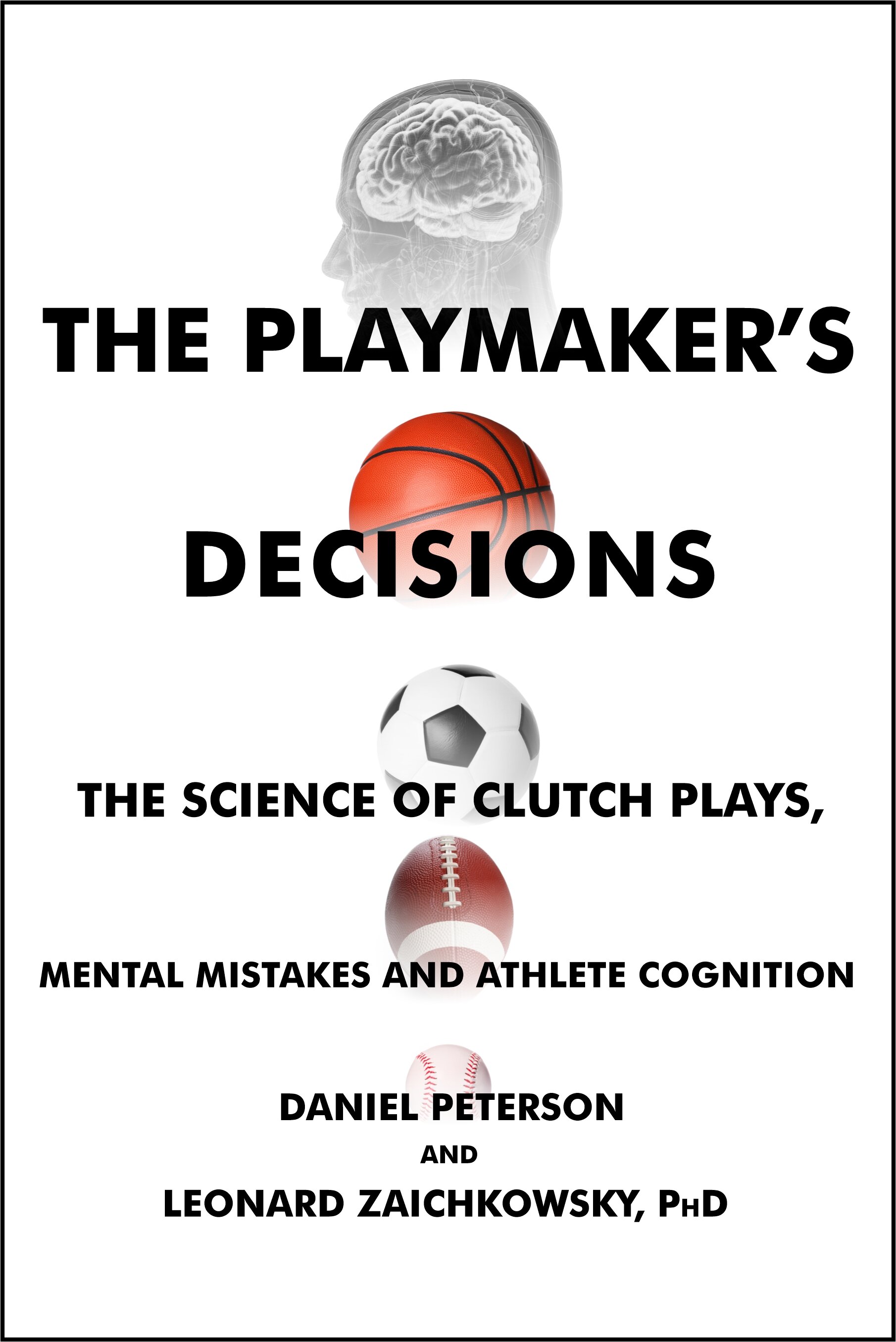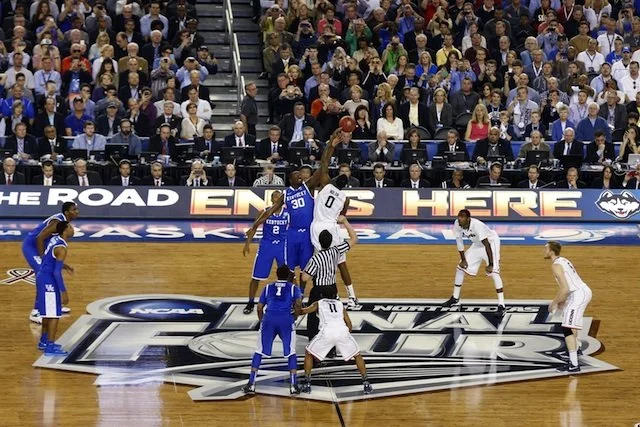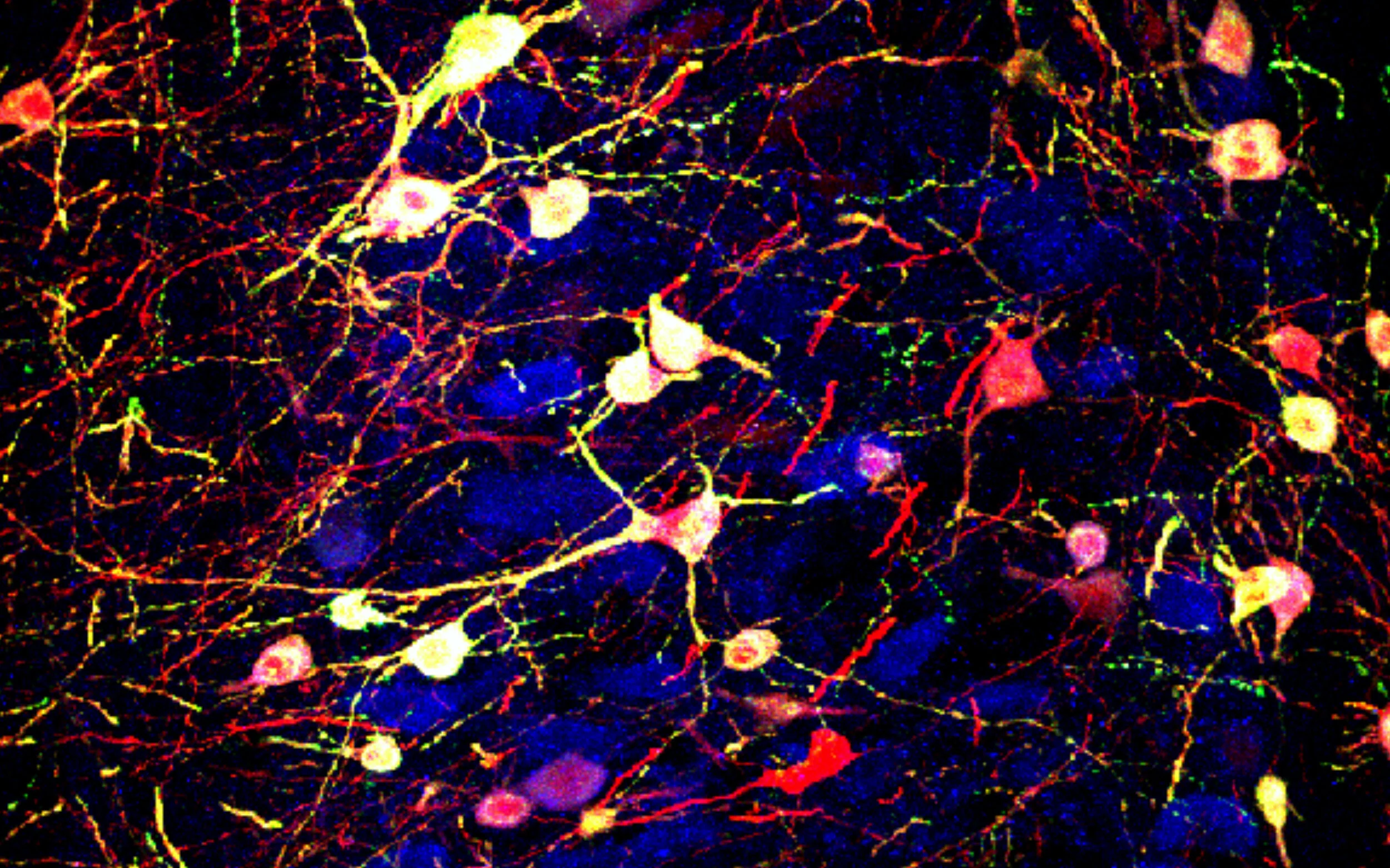Was Mental Fatigue To Blame For Messi's Miss at Copa America?
/In perhaps a defining moment in his career, Lionel Messi missed his penalty kick at the end of the 2016 Copa America Final. The soccer world asked how this iconic player, voted to be the best in the world five times, could blast the ball over the goal in such a crucial moment at a major tournament? Certainly, Messi had played in overtime games before and was able to handle the physical toll. However, the mental stress of the moment may have been too much for his world-class skill to take over.
Coaches and players talk about it, complain about it and even blame results on it but it's been difficult to measure mental fatigue. Physical endurance is easily tracked and managed through several physiological metrics. But during a strenuous game in the middle of a long season, how does the mental grind affect technical sports performance? Dr. Samuele Marcora, professor and director of research at the School of Sport and Exercise Sciences at the University of Kent, found a lack of research evidence on how the two are related so he designed an intriguing study that found a direct correlation between cognitive load and decreased physical and technical performance in soccer players.
Read More











